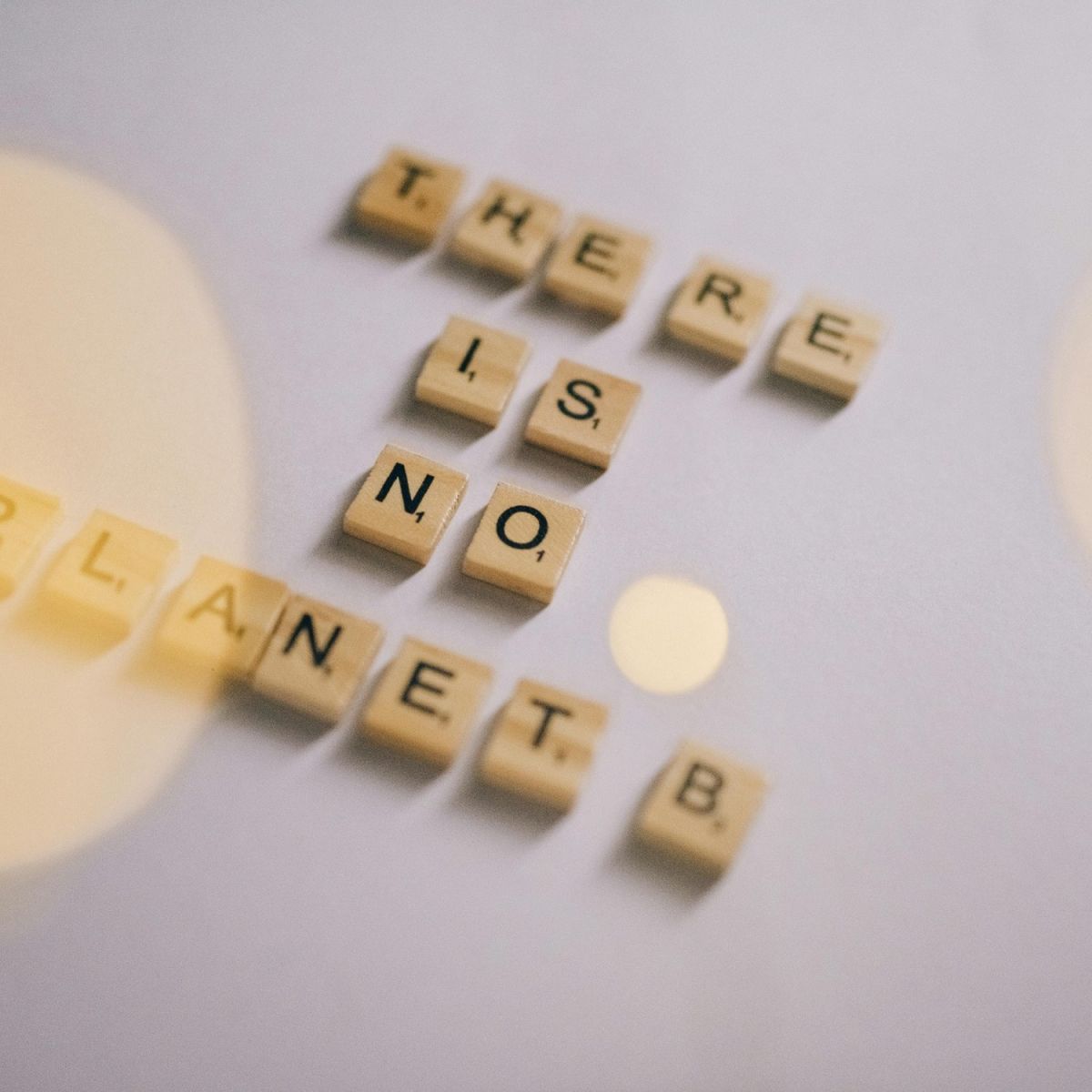
How would the planet look if everyone had at home only what they need
Imagine a world where everyone owns only what they truly need. No overflowing closets, no piles of unnecessary items, no impulsive purchases. Minimalism would become a way of life, and the efficient use of eco-friendly products would be the norm. What would such a planet look like? What would be its environmental, social, and economic effects? This article explores the vision of a minimalist world connected with sustainability and the conscious use of eco products.
Minimalism as the foundation of sustainability
Minimalism is not just about empty spaces and aesthetically clean homes. It’s a philosophy that emphasizes conscious choices – owning less but better, and focusing on what truly adds value. If every person on the planet embraced this mindset, the impact would be profound.
- Waste reduction – A minimalist lifestyle would drastically cut down on waste. People wouldn’t buy unnecessary items that quickly end up in landfills. Instead of cheap, disposable goods, they would prefer durable and eco-friendly alternatives – such as bamboo toothbrushes, stainless-steel water bottles, or compostable packaging. This would ease the burden on landfills and reduce plastic pollution in the oceans.
- Lower resource consumption – If we bought only what we truly need, the demand for raw materials like oil, metals, and wood would drop. This would lead to less extraction, deforestation, and ecosystem damage. For instance, instead of ten fast fashion T-shirts, people could invest in one high-quality piece made of organic cotton or recycled materials, saving water, energy, and chemicals used in production.
- Smaller carbon footprint – Minimalism would limit overproduction and unnecessary transportation. Since we would consume less, factories would emit fewer greenhouse gases, and global supply chains would be less strained. Using eco products such as solar lamps, energy-efficient appliances, or locally produced food would further reduce our carbon footprint.
Social and economic effects
A minimalist world would affect not only the environment but also the way we live and interact with one another.
- A simpler life – Without excess possessions, we would have more time, space, and energy to focus on what truly matters – relationships, experiences, and personal growth. Homes would be less cluttered and easier to maintain. Using multifunctional eco products, such as glass jars instead of plastic containers, would simplify organization and reduce the need for constant purchasing.
- A fairer society – Minimalism could reduce the pressure of consumer culture that pushes people to compete for status and wealth. By focusing on needs rather than wants, the resources we currently waste could be redirected to improving living conditions in poorer regions. For example, money saved from unnecessary shopping could fund affordable eco projects, such as solar panels for developing countries.
- A new economic model – The economy would need to adapt. Instead of mass-producing cheap goods, businesses would prioritize quality, repairability, and recyclability. Companies could thrive by offering services such as repairs, product sharing, or custom-made production. Instead of buying new clothes, people could rely on second-hand stores or clothing rental services offering sustainable materials.
How to use eco products effectively in a minimalist lifestyle
To make minimalism work hand in hand with sustainability, it’s essential to choose eco-friendly, durable, and multifunctional products. Here are some tips on integrating eco products into a minimalist lifestyle:
- Invest in quality – Instead of cheap items that wear out quickly, choose long-lasting alternatives. For example, a stainless-steel thermos replaces dozens of plastic bottles, and fabric shopping bags eliminate the need for plastic ones.
- Choose multifunctional items – Opt for products with multiple uses. A wooden cutting board can also serve as a serving tray, and glass containers can be used for food storage or homemade cosmetics.
- Support local and sustainable production – Buy from local producers or brands that use recycled or biodegradable materials. For example, natural soaps, clothing made from organic fabrics, beeswax wraps and beeswax bags reduce environmental impact.
- Composting and recycling – Minimalist living also includes managing waste effectively. Use compostable products such as bamboo cutlery or paper packaging, and ensure waste ends up in compost or recycling bins.
- Sharing and repairing – Instead of owning everything you rarely use, consider sharing. For instance, tools can be borrowed from neighbors or local lending libraries. When something breaks, repair it instead of replacing it – many eco brands offer repairable products such as shoes and backpacks.
What would the planet look like?
If everyone on Earth adopted a minimalist lifestyle and used eco-friendly products, the planet would transform dramatically:
- Cleaner environment: Oceans free of plastic, fewer landfills, and healthier ecosystems.
- Healthier communities: Less stress from consumerism, more time for family, friends, and meaningful activities.
- Sustainable economy: Thriving businesses focused on quality, repair, and circular production.
- Resource balance: Lower consumption would allow a fairer distribution of resources for all.
Conclusion
Minimalism combined with the efficient use of eco products is not a utopia – it’s a realistic path toward a more sustainable world. If we all focused on what we truly need and chose ecological alternatives, we could reduce waste, conserve resources, and create a more harmonious life for ourselves and the planet. Each person can start small – by decluttering, shopping mindfully, and choosing durable, eco-friendly products. Small individual steps can lead to big changes for the entire Earth.


.jpg/resize?size=600&auth=MTc3MjU0NTY1OQ__)


